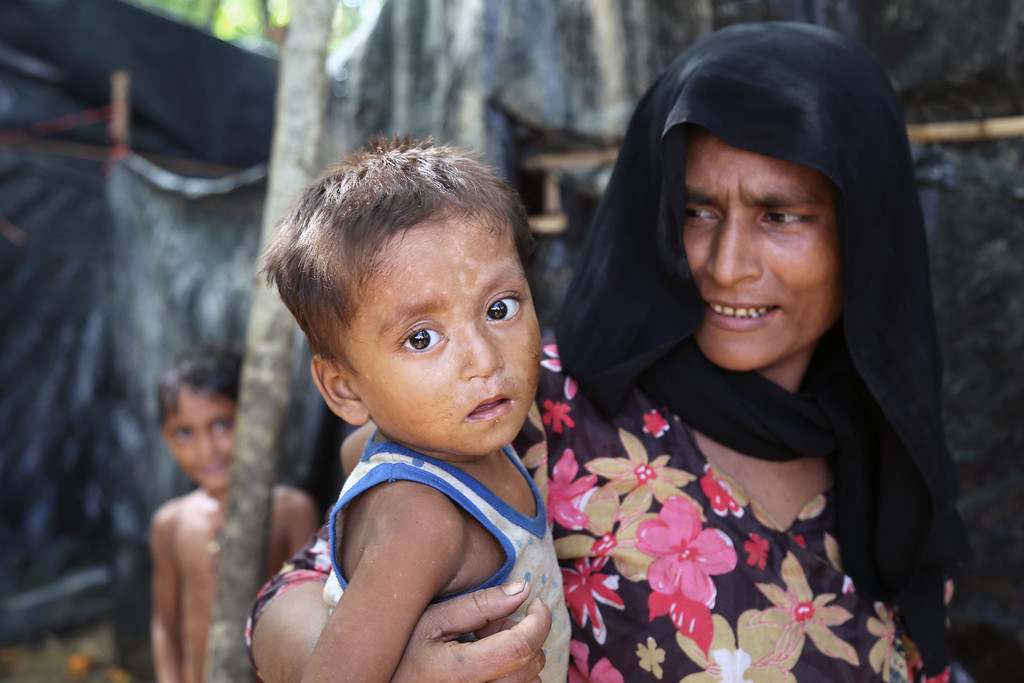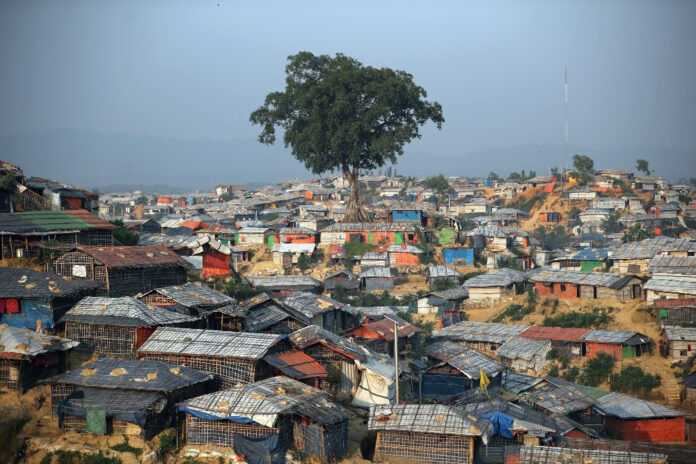Manik Esahak Biswas from Cox’s Bazar:
Concern is mounting about the World Food Program’s (WFP) decision to drastically reduce food assistance to the numerous tens of thousands of Rohingya refugees residing in camps in Bangladesh. This decision is being made due to a significant financial gap. The UN food organization, the WFP, has said that due to a shortage of funding, it will have to reduce the refugee population’s rations starting in the following month. The WFP has warned that additional cutbacks may be required if new financing is not secured by April. The monthly allocation will be reduced by 17 percent to $10 per person starting on March 1. The World Food Program (WFP) announced that beginning of next month, the cost of its food assistance would drop from $12 per person to $10. The pandemic, the global economic crisis, and other disasters have put a strain on donor budgets. (Source of information: Lack of funds forces WFP to cut rations for Rohingya in Bangladesh | World Food Programme)
Multiple alternative facts from Sector working at Cox’s Bazar, stated that it is surprising that there are numerous global crises, such as the conflict between Ukraine and Russia, the rise in global refugee numbers, price increases causing numerous fuel crises, and devastating natural disasters all over the world, which are fewer reasons for funding to be cut off. Yet, in order for the community of refugees living in Cox’s Bazar camps to adequately address their afflictions, the support is very necessary. We shouldn’t forget about them.
Rehana Begum (pseudo), a widow (39 years old) from Camp 15, talked frankly about her lifestyle and how even after five years in Bangladesh, she was still unable to properly manage her family. She had four kids, and the WFP was providing food aid to the family. They must suffer more if the food supply is reduced. She regretted learning that help might be reduced because she did not have enough savings or bread, or meals stored for the future. She is also unaware of the funding’s decline. 
A WFP-funded employee from an INGO named Nurul Ahmed Raju (pseudo) said that he is unemployed and unable to support his family in Cox’s Bazar on a daily basis. He also noted the thousands of workers who selected alternative occupations to live on a small scale after losing their jobs owing to the financing issue starting in December 2022. Several INGOs, NGOs, and UN Agencies have ended their employment contracts with local staff members and volunteers as well as shuttered numerous facilities centers at Camp along with the host communities. This put the families, who are already living hand to mouth, in dreadful situations. If I think about my own financial situation, I can readily envision how many employees and the affected communities in their entirety are suffering the hardest at this time.
The aforementioned passage represents the combined efforts of fifteen development workers who were employed by various INGOs, NGOs, and UN Agencies but are now unemployed.
Credible reports stated that with every ration cut, starvation would undoubtedly increase, crime would spread throughout the camps, and the dangerous coping mechanisms used by refugees would rise. Unfortunately, those most negatively impacted will be children, widows, women, transgender individuals, adolescents, people with disabilities, adolescent females, single moms, and elderly people. We must make every effort to keep providing them with the crucial humanitarian aid they require. In order to lessen the impact of the impending food crisis, the government of Bangladesh is prepared to accept all financial agencies with gratitude.
Manik Esahak Biswas, a development worker from Cox’s Bazar
































